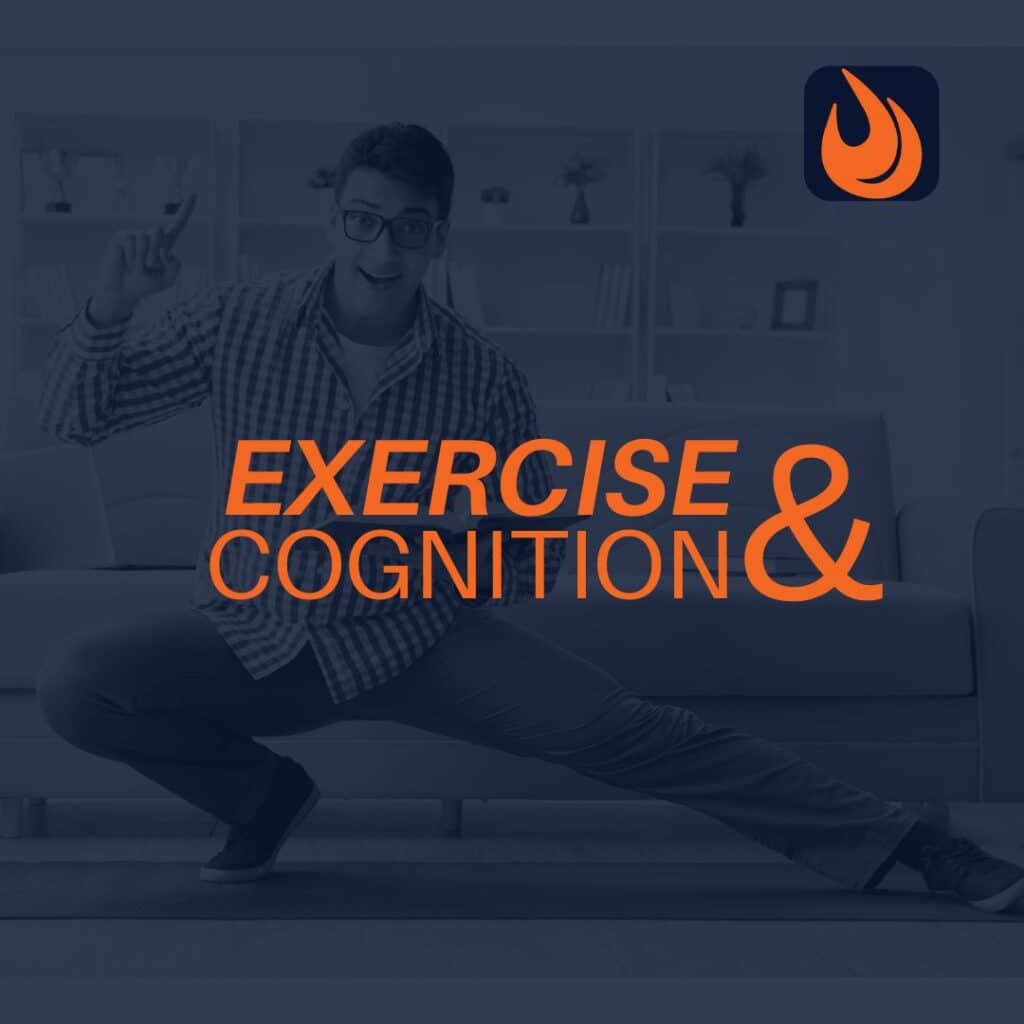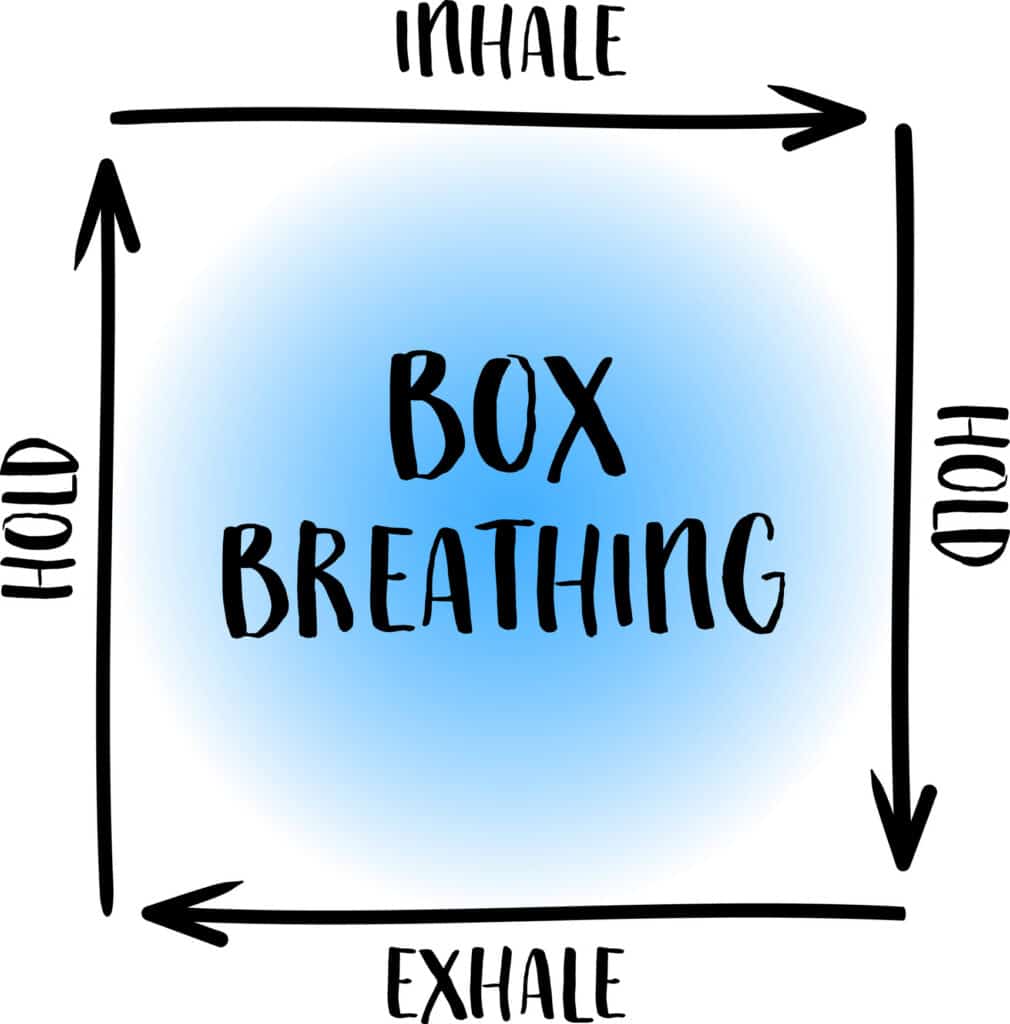Recent research has highlighted the many positive attributes of regular physical exercise on cognitive function. Cognitive function is defined essentially as “ the entire process of how we take in, use, and respond to information” (Anshel, 2014). To be more specific, cognitive functions include noticing an external stimulus, perceiving that stimulus, attempting to understand, making decisions, memory, and executing actions. Although cognition and other aspects of brain health have been studied in relation to fitness for quite some time, more research is shedding light on a number of even more exciting aspects of the benefits of leading a healthy lifestyle that personal trainers can share with their clients.
Memory and Affect
In a recently published paper, Justin Kompf and Margie Lachman (2022) presented research regarding the effect of both moderate to vigorous physical activity (MVPA) and resistance training on memory and daily affect (mood).
The researchers initially recruited 145 participants for this 7-day semi-longitudinal study. Their MVPA was recorded digitally using a tracking device. They were also asked to keep a diary and record their mood at certain points throughout the day, any resistance training sessions, and any subjective instances of memory failure that may have occurred that day or the previous. Finally, the researchers conducted a simple memory test over the phone in the evenings with each participant and scored them based on their ability to recall words from a word list.
In the end, in alignment with what the fitness industry generally promotes already, the study found that daily activity cumulatively improves memory tasks, and both MVPA and resistance training improves mood, illustrating more support of the positive effects of exercise on cognitive and mood functioning.
Effects of Intensity of Exercise on Cognitive Tasks
In a similar but slightly older study, Chang & Etnier (2009) tested the dose-response relationship of exercise on cognitive function, specifically resistance training. Sixty-eight participants were tested on day one of the study to find their 10 repetition max (10-RM) for bench press, rows, lateral shoulder raise, and bicep curl.
On the second and final day of the study, participants were randomized into either a low, moderate, or high-intensity group. The individuals in each group were then taken through a workout that consisted of two sets of 8-12 reps of the previously mentioned exercises. The low-intensity groups performed at 40% of their 10-RM, the moderate group at 70%, and the high-intensity group at 100%.
Slightly different than the research by Kompf and Lachman (2022), the researchers in this study tested the participants before and immediately after their workouts to measure any acute response during a cognitive task. The participants were administered a Stroop Test, a test that requires focus and attention as the participants read aloud, as quickly and accurately as possible, color words that are listed, initially in black ink, but eventually in various color ink, creating a challenge for the subject. For example, the word “red” might be written in the color green, but the participant still needs to read “red” aloud.
Participants also were required to do the Paced Auditory Serial Addition Task, a math task that can be used to measure information processing, attention, and concentration.
Researchers concluded that increased exercise intensity was associated with positive improvements in cognitive speed and abilities, but only in what they deemed “familiar tasks”. The participants were able to make significantly quicker decisions in their post-workout Stroop Tests than in the pre-workout task.
There was, however, an inverted U-shaped curve for novel learning, which means more intensity seemed to make it more difficult to accomplish cognitive learning, but moderate intensity resistance training seems to have some improvement. More research is needed, and will undoubtedly be performed, but this study also suggests a number of benefits, some acute and immediate, of exercise on cognitive function.
What does this mean for personal trainers?
As fitness professionals, it means… keep doing what you’re doing! The benefits of exercise on cognitive functioning and mood are real and measurable. Our impact on our clients and community goes even deeper than many consider. Physical, emotional, neurological, and cognitive benefits abound when we can help the people around us find the joy in exercise. Now, we can rest assured that we are even making our clients smarter and better decision-makers.
[sc name=”resistance” ][/sc]
References
Anshel, M.H. (2014). Applied health fitness psychology. Human Kinetics
Chang, Y., & Etnier, J.L (2009). Exploring the dose-response relationship between resistance exercise intensity and cognitive function. Journal of Sport and Exercise Psychology, 31(5), 640-656.
Kompf, J.M., & Lachman, M.E. (2022). Daily physical activity: Associations with memory and affect. American Journal of Health Promotion, Vol.0(0), 1-12



